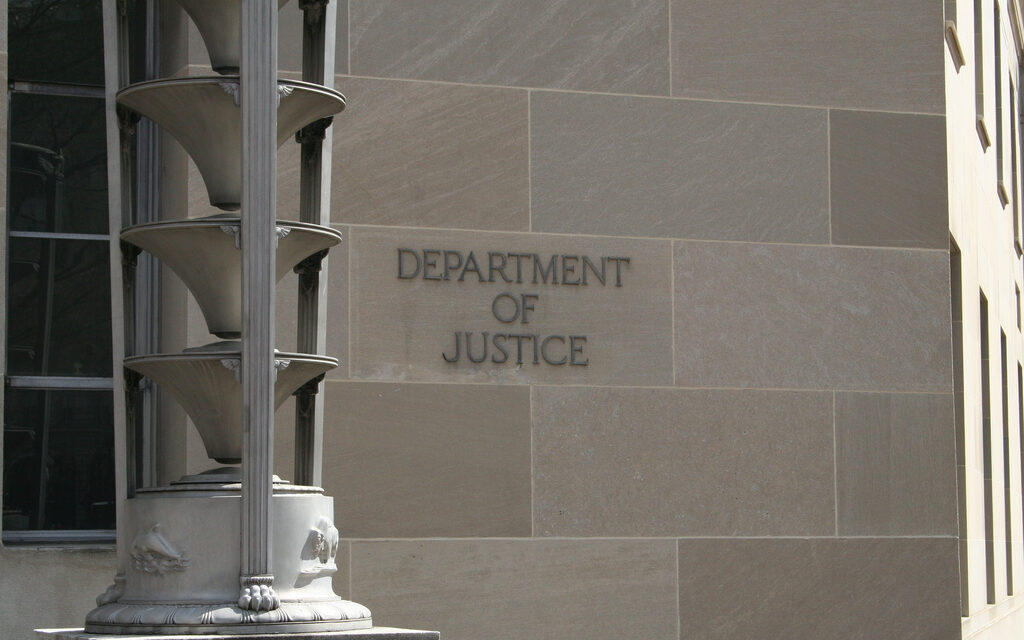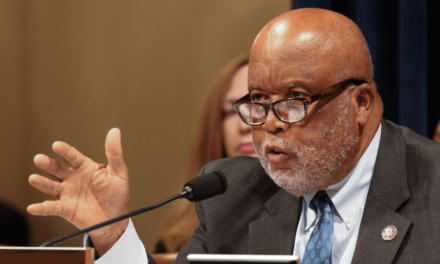The Democrats had the worst week I can remember in the Research 2000/Daily Kos Poll, and I’m trying to figure out why. Two things dominated the news this week. The first was the nuclear summit. It’s hard for to attribute a public shift against the Democrats to the summit. Even if the public doesn’t agree with the goal of limiting the availability of loose nukes around the world, they would be unlikely to be angry with Nancy Pelosi and the Congressional Democrats and the Democratic Party over it. They’d probably limit their wrath to the president who called the summit and made all the public pronouncements related to the summit.
So, the more likely culprit is the announcement by John Paul Stevens that he is retiring from the Supreme Court, and the accompanying speculation about who the president will announce as his replacement. We saw this before. Back in January, Nate Silver tried to figure out what killed Obama’s approval numbers. And he discovered something interesting:
If we look back at the trajectory of Barack Obama’s approval ratings, which began at about 65 at the time of his inauguration and have fallen to about 48 now, there were two periods that account for most of the decline. One was the period immediately following his inauguration until about the first week in March; Obama’s ratings fell by about 5 points over this interval. The other was a longer period from the end of May through mid-August, during which time Obama’s approval declined by 9 points or so. Those two periods collectively account for about 14 points of the roughly 17-point decline that Obama has experienced.
Correctly attributing the first instance of slippage to the end of the honeymoon, Silver looked deeper into the second period of decline:
From the period encompassing May 21st though July 14th, I have the Iranian elections being the lead story for 8 days, the SCOTUS vacancy and the nomination of Sonia Sotomayor being the lead for 9 days, and Sarah Palin (in particular, her decision to quit as Alaska’s governor) being the lead for 11 days. Otherwise, we had a hodgepodge of stories like Mark Sanford and the CIA torture probes, but none controlled the headlines for more than about 24 hours at a time.
I’m going to take it for granted that Obama wasn’t negatively impacted by Sarah Palin’s having gone rogue and left Alaska’s governorship. But could the other two stories — Iran and Sotomayor — have been bigger negatives than people think? On Iran, it seems extremely doubtful. The only poll released on Iran in conjunction with their disputed election was from CNN, and it showed just 15 percent of Americans saying that Obama had shown too little support for the protesters (versus 13 percent saying too much and 56 percent the right amount). Apart from a few Beltway pundits, there weren’t too many people critiquing his response.
Sotomayor, too, generally polled somewhat favorably (although most people are fairly indifferent toward SCOTUS nominations). One interesting bit, though, taken from Gallup’s weekly approval tracking by demographic groups. Sotomayor dominated the headlines from about May 26th through May 30th, in conjunction with her nomination. (Her actual confirmation several weeks later was something of an anti-climax.) In the week of May 18th-24th, just before Sotomayor’s nomination, Obama’s approval rating among men was 62 percent, according to Gallup. In the week just after her nomination, from June 1st-7th, his approval rating among men had fallen to 56 percent. So perhaps that nomination, while appealing to Obama’s base, gave him some problems among men — particularly white, independent men, an important swing demographic that has since turned against Obama.
I would argue that there is an additional factor at play. While part of it can be attributed to who Obama chose to replace David Souter, the other part is that he selected anyone. Democrats and Republicans both care passionately about the Supreme Court, but they think about it differently. The Democrats want to preserve the laws that are on the books. If they want change, they look to control of Congress and the presidency as the ways to create that change. Republicans are not agitating for new legislation. They are most passionate about striking down existing legislation as unconstitutional. They talk about repealing health care, but they know that will never happen. They know Congress can’t pass a law banning first-term abortions because the Court will rule in unconstitutional. They want the Court to expand the Second Amendment to cities and states. So, for them, the important thing is to win over control for their positions on the Supreme Court. They need a president willing to nominate ultraconservative judges and a Senate willing to confirm them, and there is nothing that is more important to them in the political arena.
So, it wasn’t just that independents (particularly, white men) didn’t like Sotomayor, it was that the mere fact that we were discussing the Supreme Court woke conservatives out of their post-election slumber. And I think this week’s polls reflect the same phenomenon. Regardless of who is nominated to replace Stevens, the Republicans are going to benefit in the short-term because they care much more passionately about the Supreme Court than we do.







